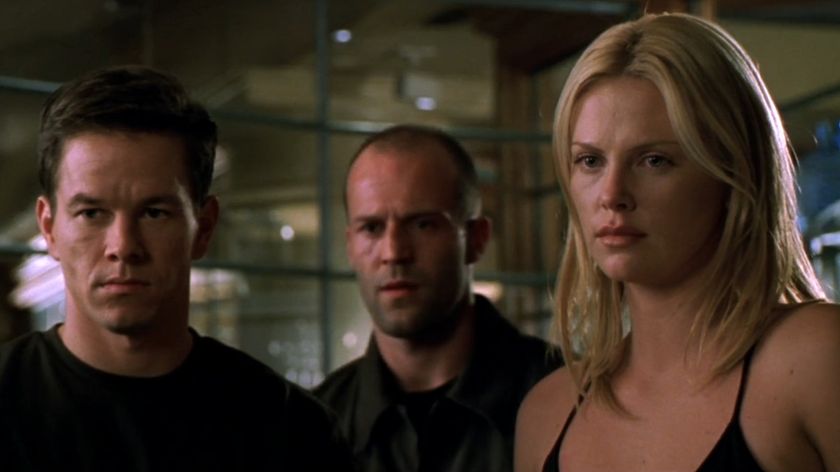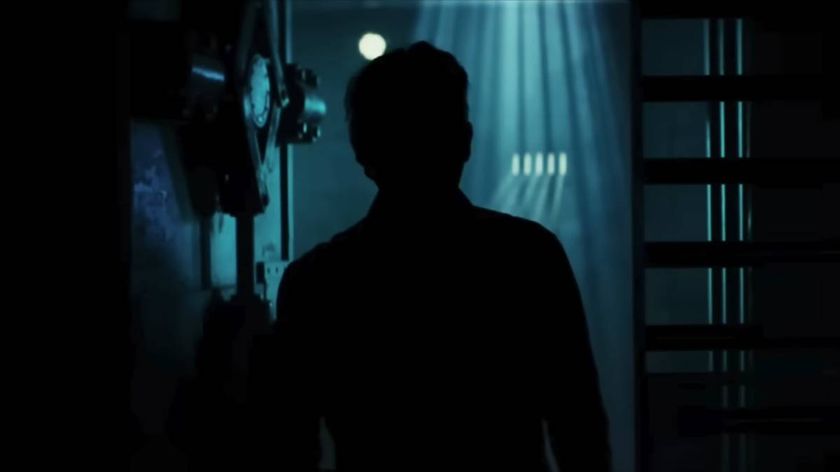Why you can trust 12DOVE
Tonight thou shalt have cramps!” Helen Mirren tells Djimon Hounsou in Julie Taymor’s The Tempest, a gender-reversed adap of the last play the Bard wrote alone that sees Shakespeare’s exiled sorcerer Prospero reinvented as vengeful matriarch ‘Prospera’.
Oblique references to menstruation such as this mean you hear the text with fresh ears, Taymor adding her own blank verse to scenes detailing her heroine’s backstory.
Otherwise, this Tempest is a fairly straightforward version compared with earlier spins from Derek Jarman and Peter Greenaway.
Yes, there’s plenty of CGI, from the opening sea storm Dame Helen uses to shipwreck her enemies on her exotic isle to the myriad shapes sprite Ariel (Ben Whishaw) adopts to torment them.
Yet there’s not much insight behind such embellishments, Taymor making no attempt to address, say, the colonial aspects of Prospera’s oppressive lording (ladying?) over Hounsou’s Caliban, or the play’s widely perceived role as Will’s public adieu to his art and audience.
In that respect, this is a shallower enterprise than Titus, the us director’s last stab at Shakey, which, for all its faults, could at least be read as a critique of our appetite for screen violence.
It’s left to the actors to lend gravitas and depth, with varying levels of success. Mirren, striding around like an ageing Glastonbury hipster, leads from the front, while Felicity Jones is an appealing presence as her lovestruck daughter Miranda.
Of middling value are Chris Cooper, Alan Cumming and David Strathairn as nobles caught in her web, while Russell Brand tries the patience with a preposterous turn as drunken clown Trinculo.
A fitfully engaging Tempest that could have used as much intellectual rigour as it boasts shock tactics and effects.
Neil Smith is a freelance film critic who has written for several publications, including Total Film. His bylines can be found at the BBC, Film 4 Independent, Uncut Magazine, SFX, Heat Magazine, Popcorn, and more.
Most Popular








